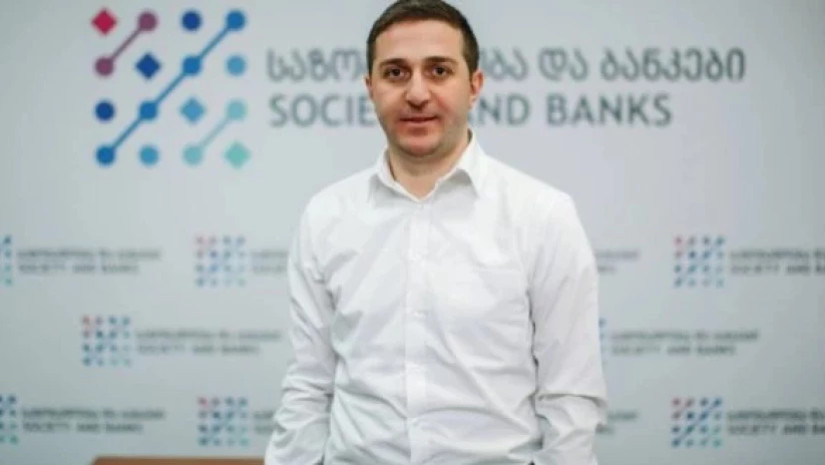The other day, the National Bank of Georgia kept the refinancing rate unchanged, and the rate is expected to be cut to 10% at the Monetary Policy Committee on August 2, Giorgi Kepuladze, Chairman of the Society and Banks NGO, says.
In his words, if economic and finance prospects will be as forecasted, the National Bank will resume easing monetary policy.
“Central banks resort to this practice and announce in advance when the rate will be cut and when it will be raised. This is very important for business as those who plan something should have an idea of what the interest rate will be at the end of the year,” he notes.
Giorgi Kepuladze expects that by the end of the year the refinancing rate to cut to 9% making it possible to reduce interest on loans.
Kepuladze talks about the factors that affect the inflation rate, for example, external as the country is largely dependent on imports, including commodities such as oil, sugar, wheat, etc., and globally, the prices for these products have declined even in Georgia. But domestic inflation remains at 9%, influenced by both the total demand and wage growth.
“When the ratio of prices and wages comes to a natural balance, wages will stop growing, inflation will begin to decline. The National Bank controls the situation and is quite cautious and balanced in its steps. This is very important for the cantrla bank’s independence guaranteed by the Constitution,” the NGO Chairman concludes.


















